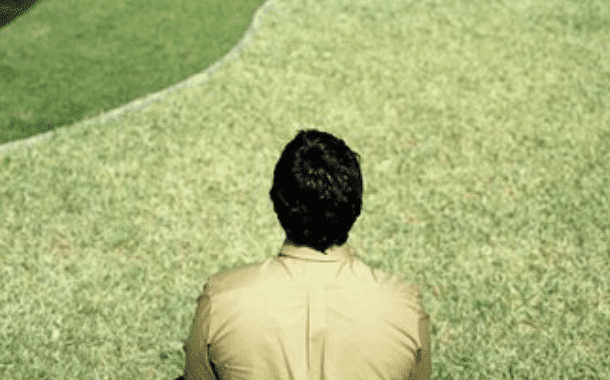By Emily Millane
17 June 2015
In a decision that received relatively little attention last week, the Fair Work Commission ruled that Australian workers governed by an award could trade their holidays for cash.
The Commission’s decision means that workers can “cash out” their leave, so long as they take a minimum of four weeks’ holidays.
The practice of cashing out is particularly appealing for low-income workers because it gives them a lump sum payment. Why have a week off when you can pay the car rego without using the old credit card? Makes perfect sense.
Or does it?
As the Commission itself noted, its predecessor bodies consistently rejected proposals for the cashing out of annual leave on the basis that such provisions undermined the purpose of leave, namely: “To provide a reasonable period of physical and mental respite from work.
Let’s put to one side the specific point about quantity of leave, and whether four weeks is sufficient and eight weeks excessive. Nor do I propose to deal with the issues over the relative bargaining power of employers and employees around electing to cash out leave. Instead, let’s consider the philosophical question about the importance of leisure both during leave and during the weeks we are at work.
At the risk of stating the bleeding obvious, the amount of leisure time we have is determined by how much time we spend working, and commuting. Work eats into our lives more than it used to. Per Capita analysis has shown that Australian workers – even ones with good jobs – are commuting an extra 56 unpaid hours per year compared to 2002. When we are home, or at the football field or in the cinema, work bleeds into our lives through technology.
Quality of life is dependent on adequate leisure. So is creativity. No one is feeling particularly creative if their life is spent churning through billable units, followed by Lean Cuisine and a few hours’ sleep only to repeat day, after day, after day. This way of living represents a dulling down of our senses and a resulting diminution of our humanity. It is robotic and ultimately unfulfilling.
Keynes advocated working less as part of his vision of a good society. He wasn’t alone, either. Mill advocated a gospel of leisure, arguing that “human beings cannot rise to the finer attributes of their nature compatibly with a life filled with labour”. Keynes and Mill weren’t theme park operators, pushing for more play to serve their own business ends. Their arguments were based on the value of time off, to the individual and to society. Without adequate time away from the desk or the forklift the intricate web of community does not get spun.
Lest the productivity police get a bit toey, decent leisure time has also been shown to be good for productivity. A niche leisure newspaper called The Financial Times recently ran a story on les grande vacances, the standard two months of holiday a year for French workers. Yes, you read correctly. The Times points out that not only do the French take long holidays but academic studies have shown that taking grande vacances is good for productivity. This is because productivity isn’t a question of hours spent working.
Indeed, a study by the International Labour Office found that in many US industries, shorter hours were associated with higher rates of output per hour. Democratic candidate Bernie Sanders has taken up the cause of paid leave, saying, “we are a stressed-out nation. People are tired. People are exhausted. People are overworked. People need vacation time.”
I was at a conference recently. Let’s call it a yoga retreat. Turns out, the ancient yogis were convinced of the importance of work, rest and play well before the Stonemasons of Victoria argued for shorter working hours that led to the eight-hour day.
At the start of the retreat we were all asked to nominate how much of our lives we spend either working, resting or playing. About 80 per cent of people said that they spend the majority of their lives working and resting. Time in which to play came a distant third.
As the Commission’s decision confirms, leisure is the loser in the playground of today’s economy.

